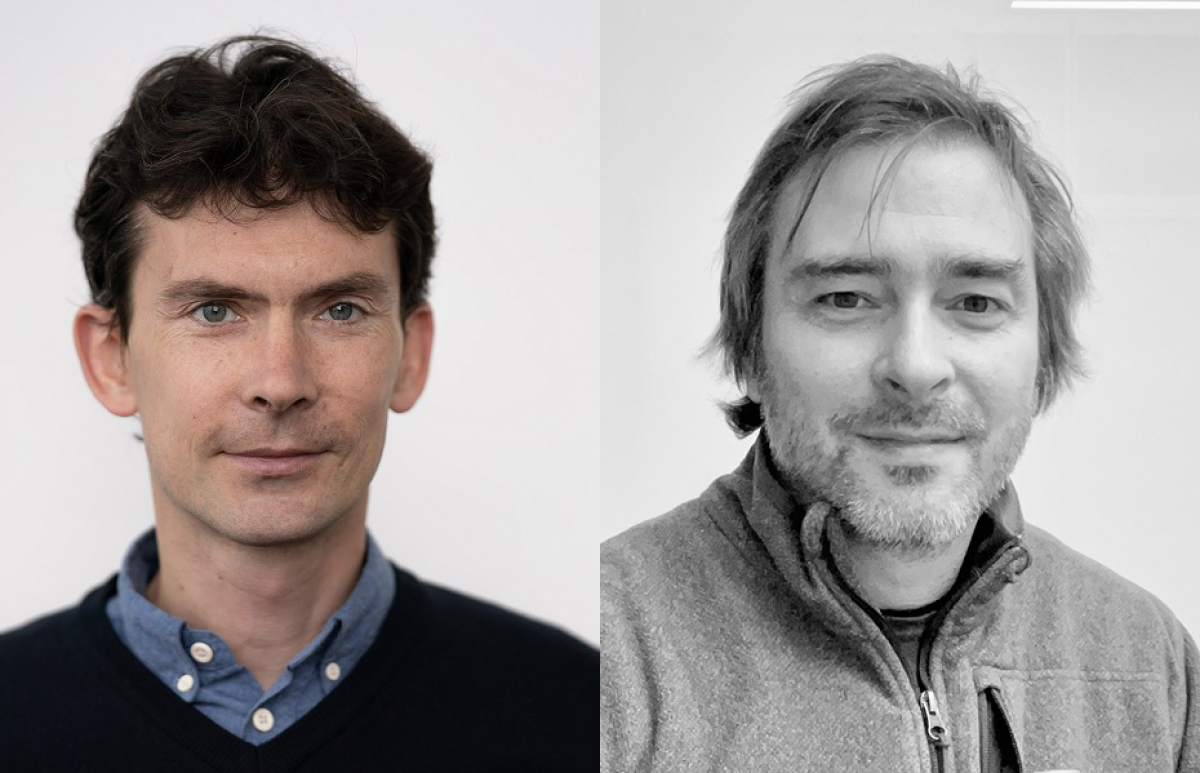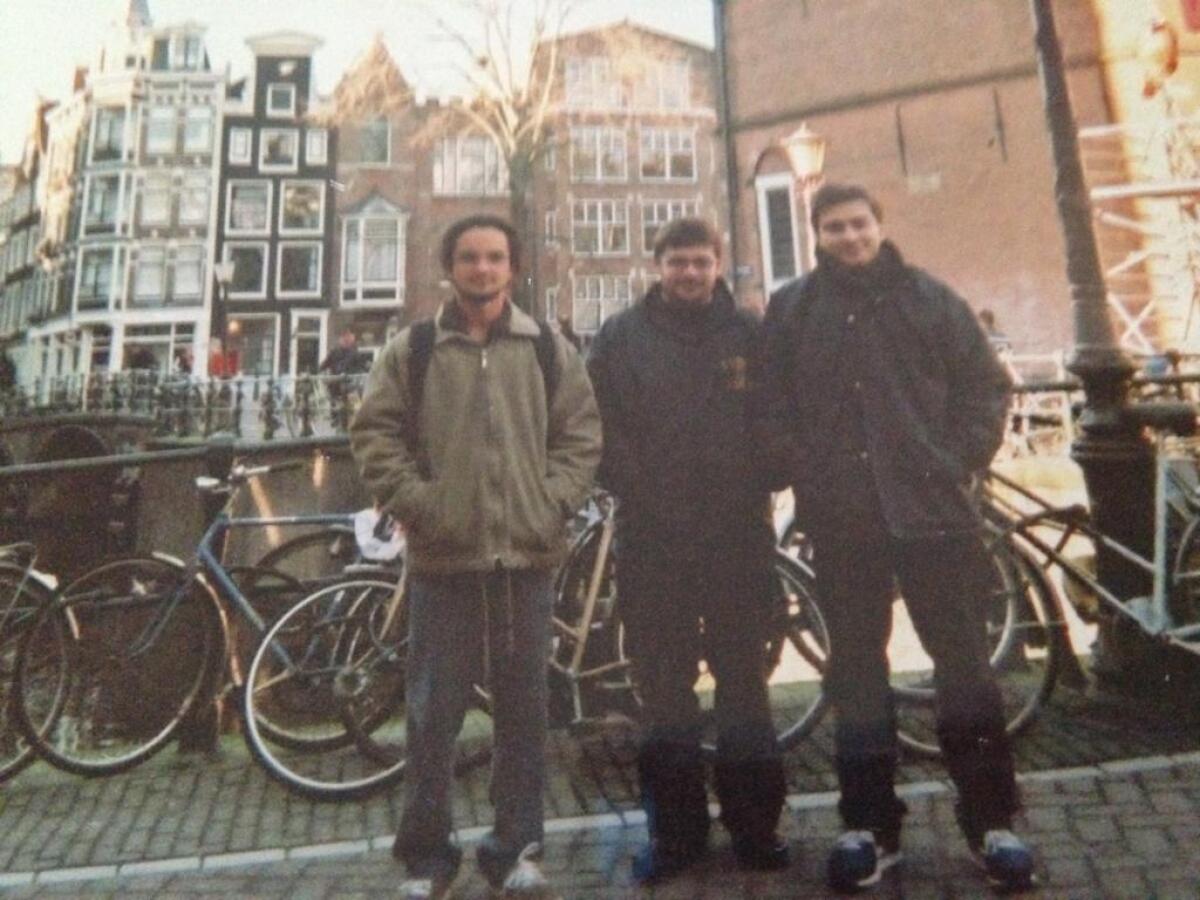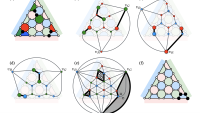In 1981, at a conference in Boston, the physicist Richard Feynman suggested that a computer that harnessed quantum-mechanical phenomena could easily perform computations that would be difficult — even prohibitively difficult — for a classical computer.

In 1994, the Bell Labs mathematician Peter Shor showed that a quantum computer — still an entirely hypothetical device — could factor numbers exponentially faster than a classical computer can. “Shor’s algorithm constituted the killer app that got everybody interested,” the MIT quantum computing researcher Seth Lloyd once said.
Three years later, in 1998, the first Conference on Quantum Information Processing (QIP) was held in Aarhus, Denmark. Since then, quantum computing has become a major research initiative at leading tech companies, and QIP has become the premier conference in the field of quantum information processing.
To mark QIP’s 25th anniversary, Amazon Science asked two prominent quantum information scientists — Thomas Vidick, a professor of computing and mathematical science at Caltech and chair of this year’s QIP, and Simone Severini, director of quantum computing at Amazon Web Services — a pair of questions about how far the field has come in the last 25 years and how far it still has to go.
What’s surprised you most about what we’ve learned about quantum information science in the past 25 years?
Thomas Vidick: Well, honestly, that we can run a 20-qubit quantum algorithm, and it actually looks like it is going as planned. While my whole research is premised on the assumption that quantum mechanics is a sufficiently accurate description of nature that it makes sense to study its consequences for computation, truly "seeing" such a computation take place was a revelation. (I need to use quotes because of course we can't see a quantum computation take place without affecting it. But for small computations we can plot outcome statistics in a very detailed way.) For me, the revelation came when I saw the results of an implementation of Simon's algorithm for a four-bit secret a few years ago, by the Monroe group working with ion traps. I couldn't believe it: it sampled exactly the right strings.
Going back not even 25 years, but 15 years, which is when I first learned, while studying for a master’s, that quantum computation was a thing, the fact that it could become a reality was absolutely not on my radar, nor I believe on most theorists', let alone experimentalists'. I think that learning that quantum computing works, as opposed to believing that it does, is having a major impact on how we approach quantum information science.
Simone Severini: Quantum information science contributed to a rich interplay between physics, mathematics, and computation. That interplay gave rise to new techniques that cross the boundaries of these fields.

A beautiful example is the application of quantum complexity theory to solve in the negative the Connes embedding problem, by Ji, Natarajan, Vidick, Wright, and Yuen, in 2020. Connes’ embedding problem is a problem in abstract algebra, where an “algebra” is a combination of a set, a group of operators, and axioms that describe how the operators are applied. The real numbers are one example of a set, and the arithmetic operators are one example of a group of operators, but in abstract algebra, these could be anything.
Connes’ problem asks whether one class of algebras is contained in another class. Alain Connes formulated it in 1976 in a paper that led to his Fields Medal in 1982. Since then, the problem has been reformulated in several different branches of mathematics; multiple conferences have been dedicated to just this problem.
The result of Ji et al. is a surprising case where notions and techniques that are part of the quantum information science toolbox turned out to be impactful in other areas of mathematics and the natural sciences. And it’s just one of many exciting examples.
What do you see as the biggest remaining challenge in the field?
Thomas Vidick: The obvious challenges faced by the field are, on the experimental front, realizing a quantum computer, and in particular reducing error rates while scaling up system sizes, and on the theoretical front, finding applications for such a computer. While as a theorist I tend to think of the first as a hard, but definitely solvable, engineering challenge, I am less confident in the eventual outcome of the second: beyond niche applications in quantum simulation and the widespread deployment of post-quantum cryptography, will quantum computers make their way into daily consumer life?
This is the billion-dollar question; but to be honest, it's not the one I'm most preoccupied about. Closer to my heart, and perhaps less obvious, is the challenge of maintaining the coherence, vitality, and impact that quantum information science has had over the past quarter-century, all the way through the next quarter-century (and more!). When I look back to the first QIP programs, there was little concern for near-term applicability of the theoretical results. In contrast, I am probably not overestimating much by asserting that nearly half the scientific program of QIP in the past couple years has had some "near-term" motivation.
In the complex and fast-paced world of today, we should not forget that fundamental science is still the root of future innovation.
This evolution reflects a genuine and justified enthusiasm for the potential practical impact of our work as researchers, which 25 years ago was such a distant prospect that it wasn't even in the back of our minds. What consequences this evolution will have on the health and diversity of our field remains to be seen. Will QIP split into "applied" and "theoretical" QIPs, and if so, will this split be done in a manner that maintains strong interaction between the two components? Will theoretical work in quantum information retain its strength and stature within the computer science community, independently of the success or failure of experimental approaches?
Researchers in our field have always fought, with great success, for demonstrating the importance of the ideas of quantum information, much more so than its possible practical relevance. Now that the latter is becoming reality, we should not forget the former.
Simone Severini: It’s gripping to observe how quantum information science has overflowed from academia into industry. The broader interest that we are seeing today in this field is a great opportunity, but there are risks. I believe that the biggest nontechnical challenge for the field is to grow organically and steadily in an environment that tries to balance scientific research and engineering, while proposing commercial routes with future impact. In the complex and fast-paced world of today, we should not forget that fundamental science is still the root of future innovation. To realize the long-term promises of quantum technologies, like processors and communication devices that can outperform classical engineering, it’s important to set the right expectations today. In this context, it's essential to support education and scientific discovery and stress the need for long-term visions.





















